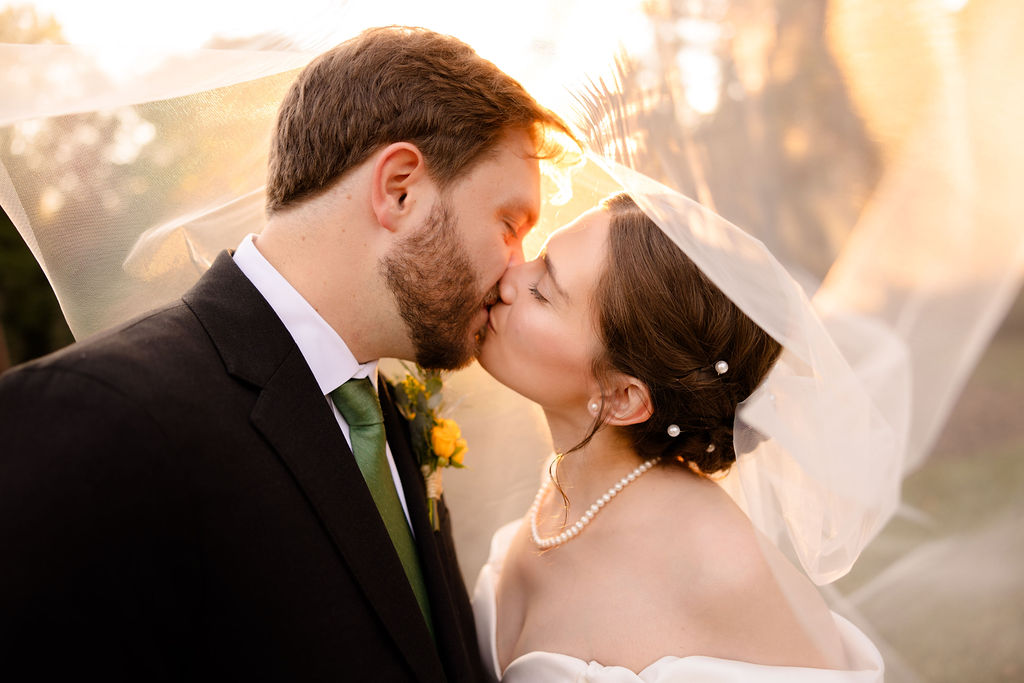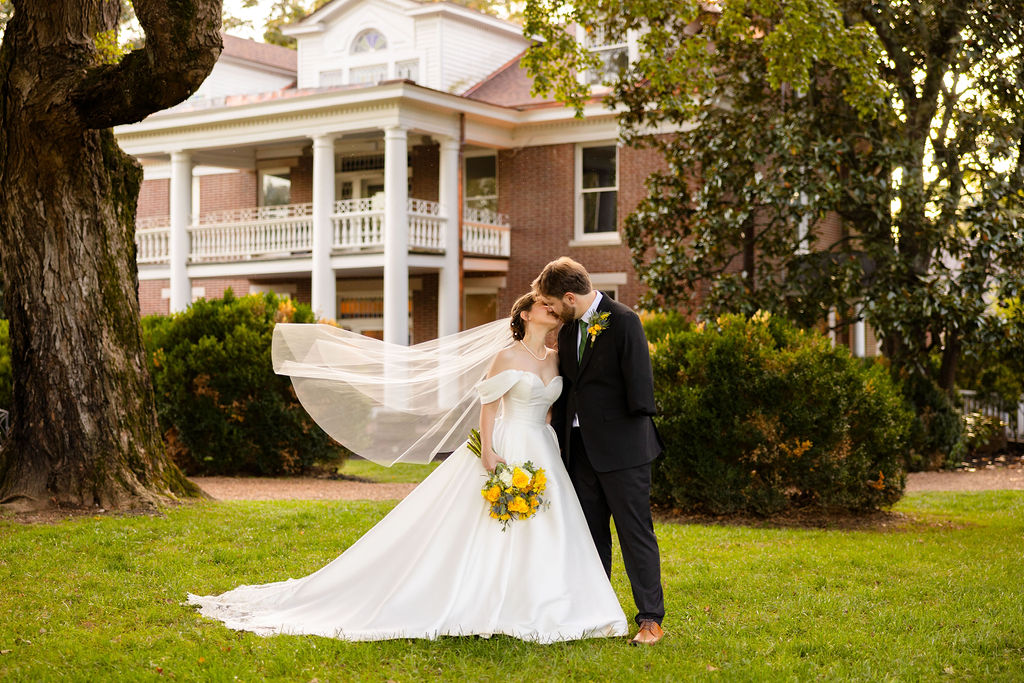INquire with us
You’re on the venue hunt. And you’re finding out that it really is a hunt because you have to learn all of this new information without anyone breaking it down for you. There’s so many options, and all-inclusive wedding venues sounds the easiest.
But how are you going to learn, tour venues, and snag the *perfect* wedding date all at once? (And save money??) My goal is always to make it easy for you.
This starts a four part series on the difference between wedding venue categories, so stay tuned for more! You won’t want to miss any part.
- All-inclusive wedding venues
- Partially inclusive wedding venues
- Open Vendor wedding venues
- Questions to ask at wedding venue tours!
To get the first releases sent straight to your inbox, don’t forget to learn about us and sign up for my newsletter HERE. (In fact, I throw in some extra tips you’re not going to find anywhere on my site!)
There are so many elements that may come into play with these categories. Some venues might consider themselves all-inclusive wedding venues but have vendors that are not in-house 24/7. Others may be labeled as “open vendor” even though they have catering on site.
Generally, I’m discussing the main points to consider when choosing an-all inclusive wedding venue!
I first need to address the most important part of any vendor interaction.
Read your contracts!
When considering any vendor, especially venues, it is to your benefit to thoroughly read through the contract. In this dreaming phase of planning where you are designing in your mind, you have to ensure your dream is able to happen within the lines of the venue clauses!
What is an all-inclusive wedding venue?
Venues who claim they are all-inclusive wedding venues often do everything in-house or have one vendor they use for every single event. The main vendors that venues usually provide in-house are planners, rentals, catering, bar service, florals, and lighting.
Often, they will take it a step further and have packages that will include stationary and entertainment.
As you can imagine, some couples stray away from the all-inclusive wedding venues due to the idea it is expensive! While that is *not* always the case, these venues may have minimum spend amounts or a set price per guest.
If you’re wondering how people start mapping out what option is right for them, I recommend using my free Wedding Cost Estimator to discuss priorities before jumping into the venue search!

Let’s discuss the first 4 points to consider:
(Subscribed to my newsletter? I’ve sent 3 more points to your inbox— go check!)
1. Convenience and Ease
Since all-inclusive wedding venues have everything in-house, it’s a one stop solution. Catering, decor picks, and even accommodations all in one place can simnifically reduce stress and workload in planning a wedding.
Just as hiring a planner to reduce the main burden of mapping it all, these venues are a power house of getting things done with a complete knowledge of how the day will look. It will be a day of ease and smoothness for everyone involved!
2. Bundling Transactions
Due to the intimate nature of all the vendors working together on many different events, it can sometimes lead into saving you some cash. The same goes for if the venue does everything in-house themselves!
They work as a well-oiled machine during the entire preparation and event. Because of this, they might have either a discount built into the budget or the ability to use the same staff for multiple elements. The on-staff planner might double as the florist or the catering team sets rentals.
Bundling services at all-inclusive wedding venues together may be more economical than sourcing each element individually.
They might even offer a discount for guest additions or tiers that will make it a great advantage for you to use a venue that has it all.
3. Streamlined Planning
All-inclusive wedding venues almost always have a planner they work with in-house! This person has seen countless weddings in that space and knows where to ease pain points. They will have everything running smoothly and know what’s coming up next.
Since they work with the other staff and vendors event in and event out, they’ll know exactly how to manage conversations with ease to communicate your desires in building that design.
With everything under one roof, the planning process can be more streamlined. Communication is often easier when dealing with a single point of contact for multiple services. This can help avoid coordination issues or decisions that may arise when working with multiple vendors.
(This is why our Full Planning & Design package here at Philocalist Designs is such an advantage!)
Note that a planner in-house may suggest designs or flows that act in the interest of the venue versus your preferred flow. Depending on your preferences as a couple, it can also be beneficial to have your own planner to act in your best interest throughout the process.
4. Customization Options
Even though it’s a package, many all-inclusive wedding venues offer customization options to tailor the wedding to your preferences. These may cost more than their standard tiers, but you’ll know you can have that dream wedding all within their umbrella.
Discuss with the venue coordinator and designer about personalizing aspects such as decorations, menu choices, and entertainment to ensure your wedding reflects your unique style.

Interested in hearing more? Subscribe for my newsletter— I have 3 more elements for you to consider about a all-inclusive wedding venues!
They’ll be to your inbox before you can log-in. Or if you’re looking for design inspiration, check out our Pinterest. (There’s some good stuff!)
And don’t forget… this is just the FIRST part in the venue series!